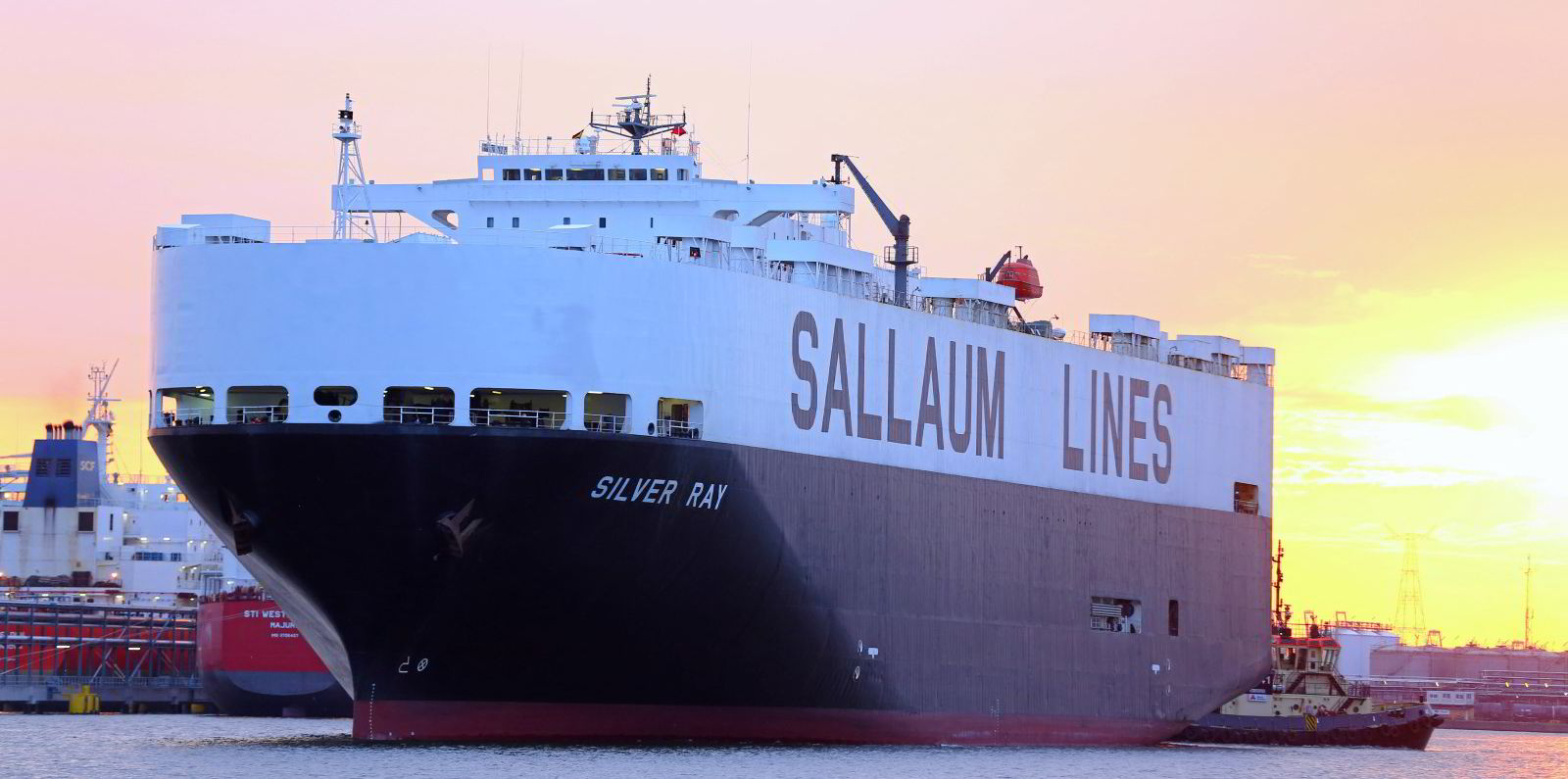For the first time in nearly four years, car carrier rates have dipped.
According to data from Clarksons, one-year time charters for both 6,500-ceu and 5,000-ceu car carriers slipped $5,000 to $110,000 per day and $90,000 per day, respectively, in April, with ABG Sundal Collier analyst Petter Haugen pointing to supply-side issues.
“Our recent channel checks suggest there is still no meaningful liquidity in the short-term [time charter] market for car carriers and hence we read this tick down more as a change in broker’s interpretation of market momentum than rates now concluded at lower levels,” he said in a note published on Monday morning.
Rates chugged along at lower levels for both ship types before bottoming out in May 2020, the Clarksons data shows. Rates steadied through the summer and rallied to current rates in February 2023.
Since then, much of the movement has been sideways, with the 6,500-ceu ships hitting a high of $115,000 per day and the 5,000-ceu ships at $95,000 per day in October 2023 and holding there until March.
Rates surged on the back of skyrocketing Chinese electric vehicle exports, which saw the country surpass Japan as the world’s largest automobile exporter, plus pent-up demand following the Covid-19 pandemic and more heavy industrial cargoes on board.
The market was so tight that exporters began moving cars on bulkers or in containers on boxships.
It only tightened further when owners began rerouting their ships away from the Red Sea and around the Cape of Good Hope following a string of attacks on commercial shipping by Houthi militants in Yemen.
Hoegh Autoliners said in its first quarter earnings that the reroutings could sop up as much as 900,000 ceu per year if the situation were to persist.
The company reported a $115m profit for the quarter, down from $117m year over year, as revenue fell to $328m from $354m.
The owner and operator said that the situation has stabilised and that it expects volumes to start creeping back up.






